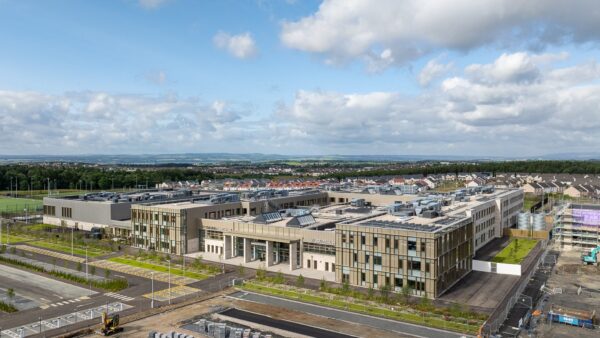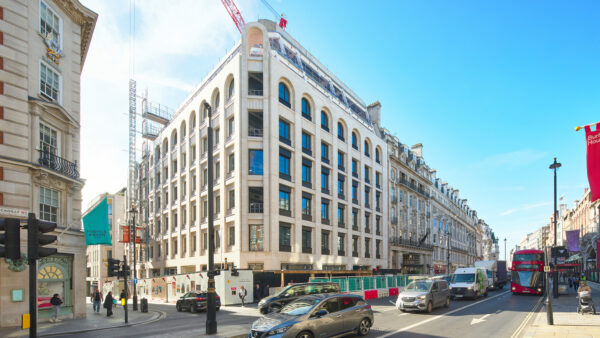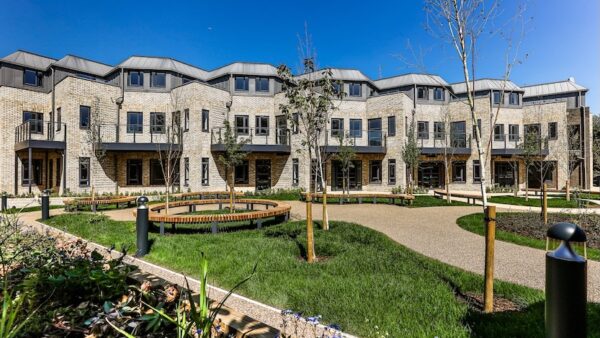With recent government backing and new players moving into the sector, offsite manufacturing may finally be set to flourish in 2018. Portakabin, acting as the main contractor, recently displayed its nous with the delivery of the Global Academy, a state-of-the-art hybrid modular building.
The 8,700 sq m academy is a state school for 14-19-year-olds in Hayes, west London. Built on the site of the Old Vinyl Factory, once the headquarters of music giant EMI, it is primarily aimed at students wishing to pursue a career in the broadcast and digital media industry.
This is not a paywall. Registration allows us to enhance your experience across Construction Management and ensure we deliver you quality editorial content.
Registering also means you can manage your own CPDs, comments, newsletter sign-ups and privacy settings.
Andrew Simpkin, Portakabin’s head of project delivery, says the marrying of traditional and modular construction ensured the process was as smooth as possible.
“We started on site in September 2015,” he says. “It was a full turnkey project for us, on a design and build basis. We worked under a JCT contract and I would say, in terms of balance, the full project was probably 50% offsite construction and 50% traditional.
“The reason for doing both elements was primarily for speed – we had a very tight timeframe of build and it allowed us to work on site on some of the traditional elements while offsite work was being done.”

One module an hour was craned in to the site
Timing and schedule were key. While on site constructing the foundations, Portakabin was manufacturing the modules in York and fitting them out. Lack of space, typically an element of work in London, was also an issue, with only 4m between the site boundary and the new building.
The contractor worked alongside architect Surface to Air on the project. The finished building contains a roof-lit central atrium as a focal point, as well as a sculptural feature staircase. Anodised aluminium mesh cladding encloses the north and south elevations from first floor to roof level, with areas of full-height glazing around the ground floor.
The main modular parts of the building are the two wings, both four storeys high. The modular elements consisted of 112 Yorkon Building System modules – which range in size from lengths of 6–18.75m and widths of 3-3.75m and were manufactured at Portakabin’s production centre in York.
Simpkin explains the process: “There is a four-storey configuration, then we erected curtain walling on the open side of the atrium, which is between the two wings. We then put the roof over the top to create a circulation space. When we were on site we typically craned in one module per hour.”
The traditional construction work was also extensive, he says. “We also constructed some pretty significant elements in traditional construction, such as the sports hall for the school, lecture theatres and TV studios.”
Another innovative element was seen in the school’s recording studios, also constructed offsite. Simpkin explains: “We had built and done small booths in buildings, but this was so specific and quite detailed, so we employed acousticians who previously worked in the BBC to make sure all the elements were right and just what the client wanted.”












